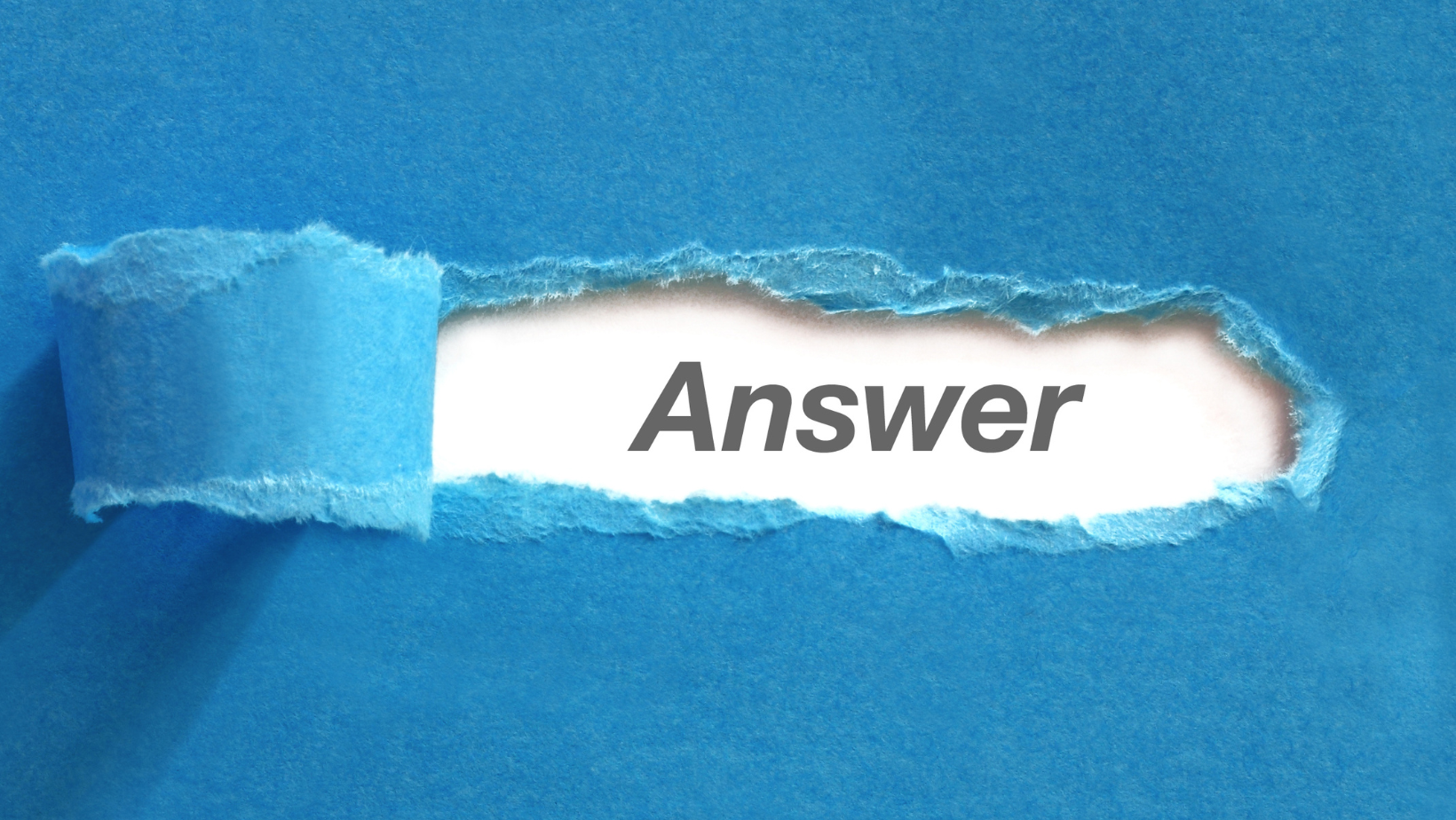In this session, we will be bringing you the updated answers for The Open Boat topic.
The Open Boat CommonLit Answers Key
Almost all the questions have been answered below:
Q1. How is the first paragraph of the story important to the passage as a whole?
Ans: It focuses on the danger of the ocean as insurmountable.
Q2. How does paragraph 11 contribute to the development of the narrator’s point of view?
Ans: It shows the men’s predicament from a different, more picturesque perspective, contrasting and emphasizing the terrible situation in which the men find themselves.
Q3. Which of the following best summarizes how the men interact with each other?
Ans: The men love each other to the point of sacrificing themselves for one another
Q4. In paragraph 44, how does the narrator describe their time at sea and the impact it has had on everyone, especially the correspondent?
Ans: 22 [ RL.4 [ RL.5 [ RL.5 [ RL.6 [ RL.5 [ RL.3
Q5. “If I am going to be drowned—if I am going to be drowned—if I am going to be drowned, why, in the name of the seven mad gods who rule the sea, was I allowed to come thus far and contemplate sand and trees?â€? What does this repetition (in paragraph 71, paragraph 144, and paragraph 173) contribute to the tone and overall piece?
Ans: Through the repetition of this line, the author is trying to convey his indifference and anger towards fate. By repeating “If I am going to be drowned—If I am going to be drowned— If I am going to be drowned” the author is trying to show the readers that the men in the story are frustrated and angry. In the first instance where they said this line, they are questioning why fate allowed them to survive and get this far if she will only let them die in the end. Through these lines, the author showed that the speaker is angry with the situation and the fact that they are helpless about it but, they still continue to struggle and fight against it.
In the second and third time when the speaker repeated these lines, the author is trying to set the tone wherein the men are now weaker and losing the will to survive. However, just like the first time when they said these lines, they are angry, frustrated, and confused about the absurdity of the situation. They are still asking why did they have to struggle and work so hard if they will only die in the end. In these last two situations, the tone is much weaker and their drive to live is lesser as compared with the first one. But despite this, they continue to rant about the unfairness of life and showed that they are still not willing to accept it.
In repeating these lines in the story, the author is trying to show the readers the tone and progress of the story. It depicted how the mental states of the men changed throughout the story. At the beginning, he revealed that though they are angry about what happened to them, we can feel from them that they are willing to fight in order to survive. However, as the story progresses, the men grew weaker physically and mentally, thus we can now feel that in these two situations, they showed anger and frustration but unlike the first time, they have lesser willpower to continue fighting.
Q6. What does the incident with the shark in Part V reveal about the correspondent’s and captain’s points of view in this passage?
Ans: The shark prompts the captain to attempt rowing to shore, while the tired correspondent seems content with the predator circling them.
Q7. PART A: Which of the following best explains the meaning and significance of the poem quoted in paragraph 179?
Ans: The poem describes a man dying alone, which is how the correspondent feels even though he is surrounded by three other men.
Q8. PART B: How does the correspondent’s attitude towards the soldier in the poem change?
Ans: He becomes more aware of the soldier’s death in the poem as a truly human thing, a description of suffering to which he was indifferent as a young man.
Q9. PART A: How does the description of the windmill in paragraphs 201-203 contribute to the central ideas of the text?
Ans: The windmill is described as towering and disinterested, contributing to the idea of an indifferent universe.
Q10. PART B: Which of the following quotes best supports the answer to Part A?
Ans: “On the distant dunes were set many little black cottages, and a tall white windmill reared above them.” (Paragraph 202)
Q11. Which of the following best explains the author’s purpose in naming only one character?
Ans: The author names him as a way of marking him as different, letting the audience know from the beginning that he is the protagonist.
Q12. PART A: Select TWO choices from the list below that best identify the themes of the story.
Ans: Man versus Nature & Brotherhood or community
Q13. PART B: Which of the following passages best supports the answer to Part A?
Ans: Paragraph 143
>> Take a look at Other CommonLit Answers Key <<
Hope you got the correct The Open Boat CommonLit Answers Key which is shared above.
Please share with friends who might be looking for the same!






